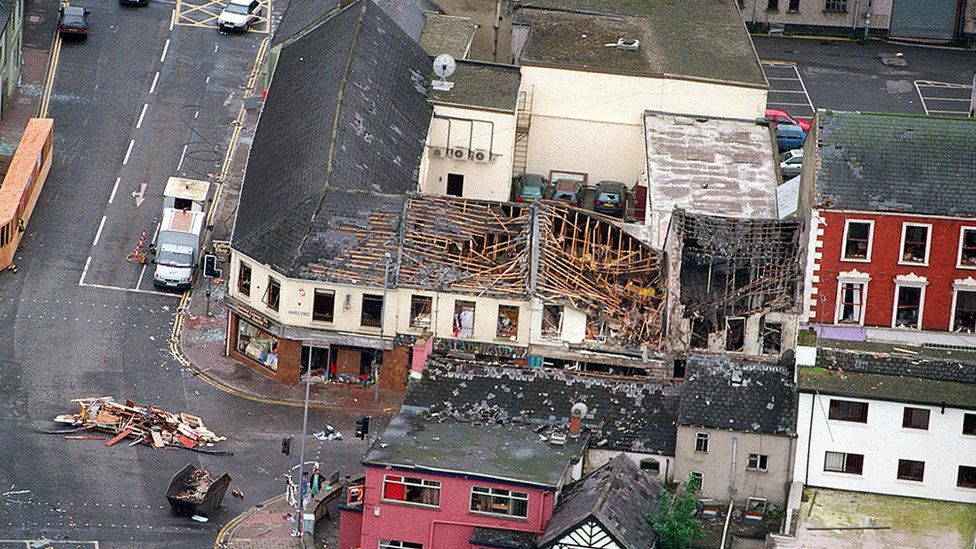
OMAGH, United Kingdom, July 30, 2024 (BSS/AFP) - A public inquiry opened on Tuesday into whether a bombing in Omagh -- the deadliest attack in three decades of sectarian violence in Northern Ireland -- could have been prevented.
On August 15, 1998, a massive car bomb planted by dissident republicans tore through Omagh's busy town centre killing 29 people, including a pregnant woman, and wounding 220.
The independent inquiry, held in Omagh itself, will ultimately try to determine whether UK authorities could have reasonably taken steps to foil the attack.
The blast occurred four months after the signing of peace accords aimed at ending the long-running conflict over British rule in Northern Ireland.
The "Troubles" claimed 3,000 lives.
Perpetrated by the Real IRA -- a dissident republican group opposed to the peace deal -- the attack rallied people around the Good Friday Agreement struck between pro-UK unionists, pro-Iris Republic nationalists and the governments of both countries.
The inquiry, independent of government and other state agencies, follows a judge's recommendation in 2021 that alleged security failures in the lead-up to the attack warranted further examination.
Victims' families and survivors of the explosion have faced years of legal wrangling over the bombing through a series of inquests, criminal and civil cases and appeals.
Nobody has ever been convicted.
The first phase of the inquiry will involve gathering information and materials, while the second phase will include evidential hearings, inquiry chairman Alan Turnbull said.
Turnbull, a top Scottish judge, vowed to conduct the inquiry "rigorously and fearlessly".